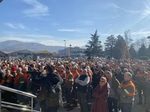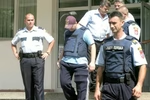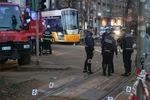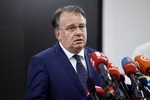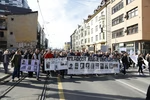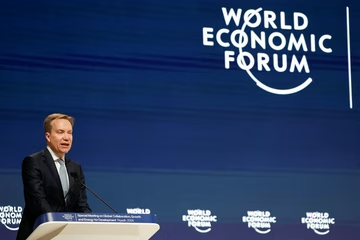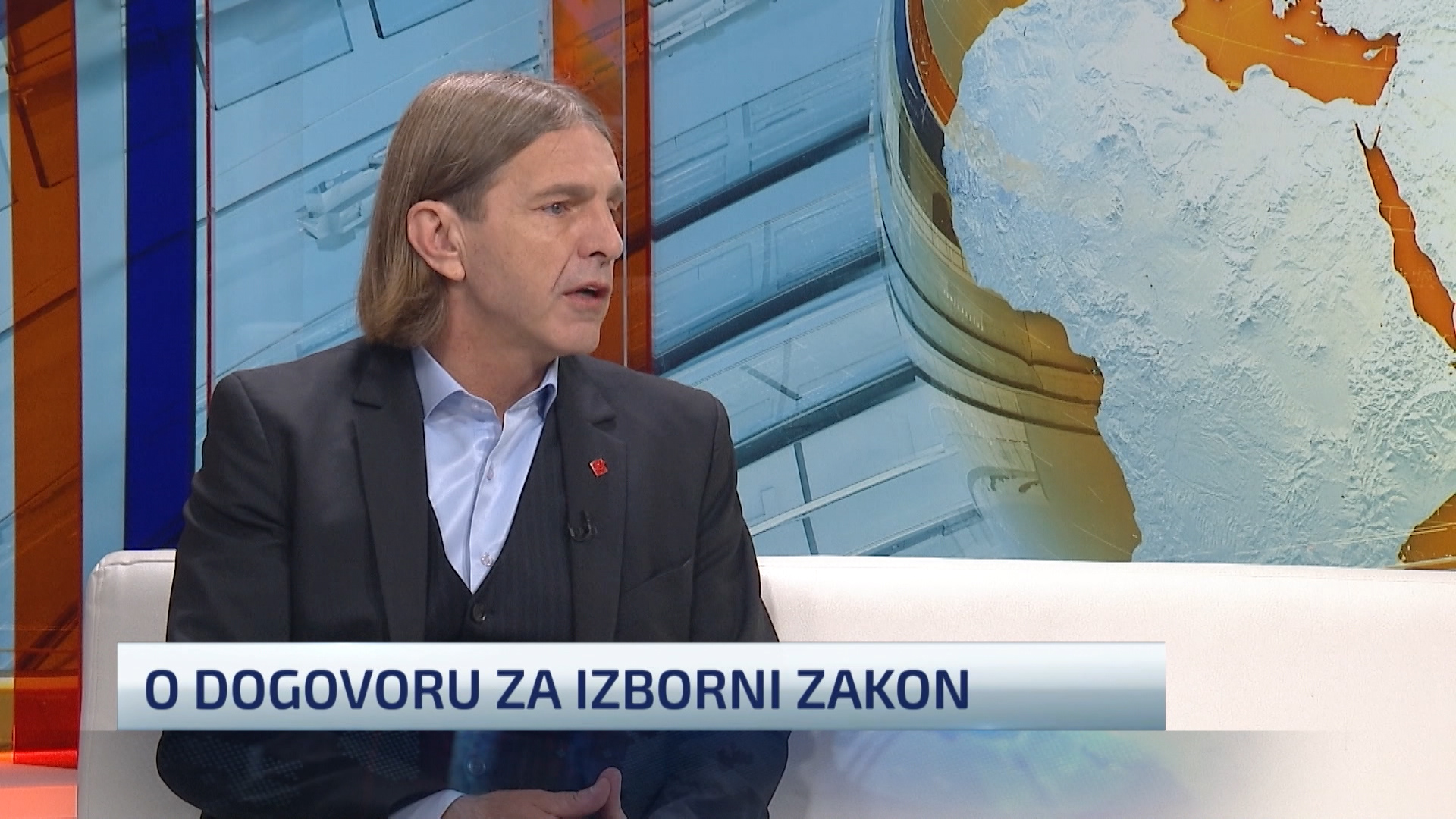
Five Bosnian parties are on Tuesday submitting their newly drafted joint proposal for changes to Bosnia's Election Law to the Parliament in hope to solve a potential political crisis.
The leader of Nasa Stranka (Our Party), Predrag Kojovic, told N1 that his party does not think the latest proposal was "an ideal solution, but it could be of use as a temporary solution."
He said he hoped elections will produce a different composition of the Parliament and that in the next mandate "we will have people in the Parliament who will start focusing on how to bring Bosnia closer to European Union standards," and abandon the system that does not work, Kojovic said.
Bosnia’s Election Law is a burning issue that has been plaguing the country since the Constitutional Court ruled two years ago it violates the Constitution. A Bosnian Croat politician had argued that the Croat influence in cantons with a majority Bosniak population was unfairly diminished in the selection of delegates and that it allows Bosniaks to elect the Croat member of the Presidency
One of the issues was the Law’s provision dictating that cantons delegate at least one representative from each of the country’s three main ethnic groups to the Federation BiH (FBiH) entity House of Peoples.
The other stems from the structure of the state. It composed of two semi-autonomous entities – one dominated by the Serbs, the other shared by Bosniaks and Croats. Bosnia’s three-member presidency consists of a Serb chosen from the Serb-dominated entity called Republika Srpska entity, the other two from the Bosniak-Croat entity which is called the Federation of Bosnia and Herzegovina.
However, because they are numerically almost four times stronger, Bosniaks can elect both the Bosniak and the Croat member in the entity the two share. This defies the Constitution which guarantees that each of the three groups can elect their own representatives.
How exactly to implement the Constitutional Court’s decision and not violate people’s right to vote for whoever they want is an issue political leaders have not been able to agree on. For some of them collective rights of national groups are more important than individual rights of citizens and others believe the opposite. A lack of agreement on this matter could produce a post-election crisis and the result of the election could be declared invalid if it continues to violate the Constitution. That would leave the country and the Bosniak-Croat entity without a functioning government.
To solve the issue, five Bosniak and opposition parties from the Bosniak-Croat entity have on Sunday drafted a proposal that foresees geographical electoral units and defines the number of mandates in the parliament of the entity. The proposal was produced by the Democratic Action Party (SDA), the Union for a Better Future (SBB), the Social Democratic Party (SDP), the Democratic Front (DF), while the Our Party (Nasa Stranka) supported the draft.
However, the main Bosnian Croat party in the country, the HDZ, which advocates that collective rights are over individual ones, did not take part in these negotiations.
They have been submitting their own proposals, which include the establishment of ethnic majority electoral units. This is vehemently opposed by the Bosniak and leftist opposition parties, who argue it leads to further division of the country.
The key difference between Sunday’s proposal and the one coming from the HDZ is that the first one offers a chance for members of minority ethnic groups in a given area to have their say through the entity’s House of Peoples. The HDZ proposal, on the other hand, effectively eliminates those minority's votes.
Kojovic named the examples of Gorazde, Zenica and Tuzla, where there are very few Croats. Their votes would, according to the HDZ proposal, be given to Croats living in areas where they are the majority and where the HDZ is in power, mainly across Herzegovina.
Kakvo je tvoje mišljenje o ovome?
Učestvuj u diskusiji ili pročitaj komentare





 Srbija
Srbija
 Hrvatska
Hrvatska
 Slovenija
Slovenija










